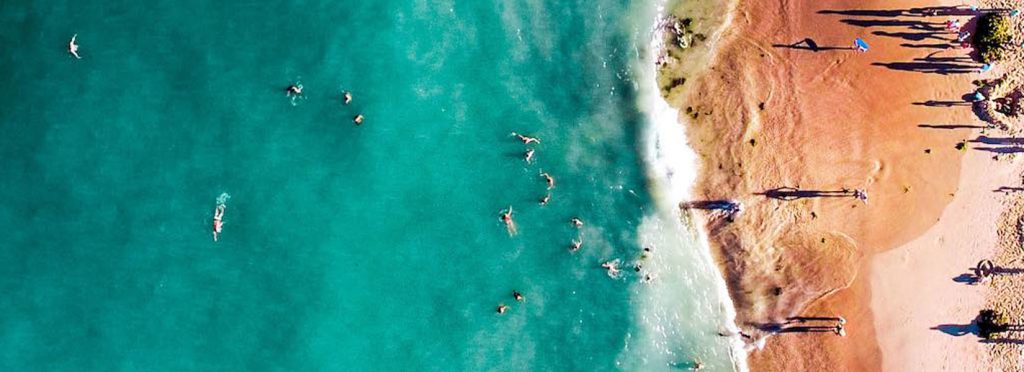By 2030, we will have a global ocean observing system truly responsive to the needs of end users, able to mitigate mounting pressures on the ocean and enable resilient and sustainable blue economies.

GOOS will be the vehicle for designing, building and widening the use of the necessary observations and information systems with capability enhanced by new innovative technologies.
It will provide the critical ocean information required for policymakers and the public and private sectors to adapt to and mitigate climate change. Also, it will generate a suite of improved environmental forecasts, protect ocean health and support sustainable growth as well as marine-based activities.
The result will be a fully integrated global observing system that captures essential physical, chemical, biological and ecological ocean properties.
More relevant information
More information relevant to climate, forecasts, early warnings, ocean health and human impacts will flow from locally and remotely sourced ocean observations.
Seasonal forecasts will become more accurate, thanks to increased knowledge of the major atmospheric and ocean processes and their interactions. This will enable improved planning in farming, construction, insurance, public health and water, ecosystem and wildlife management.
Networks of autonomous platforms are already developing. These are composed of elements like gliders, floats, profilers and moorings able to send real or near real time measurements to open databases, complementing satellite observations of the ocean surface.
Soon data to develop a wider range of assessments, forecasts, data products and services will be freely available.
Wider accessibility
The public will have access to the same information as policy makers and may even be part of the process. Parts of the sampling system will automatically adjust to changing needs.
As ocean observations become more valuable to national economies, nations will increasingly share data on Essential Ocean Variables (EOVs) collected in national waters and beyond more widely.
The challenge and the opportunity
Implementing our 2030 strategy will demand a step change in the level and effectiveness of partnerships across the scientific and end user communities. It will require a deep commitment to building a more human, more multi-disciplinary observing system capability.
Alongside public funding, we will need backing and expertise from the private sector.
Rapidly growing awareness of the threats posed by climate change also presents an opportunity to mobilize the world to implement solutions together.
Today, the UN Decade of Ocean Science for Sustainable Development 2021-2030 is contributing to a sense of urgency around needing to define a new and sustainable life for the ocean and the life it supports.
We fully support the Ocean Decade as a means of raising the profile of ocean observing and helping us generate the necessary funding to achieve our vision.
Find out more about the Global Ocean Observing System 2030 Strategy here.
Where next?
Generation Ocean: a Decade of Ocean Observing
Read how we’re contributing to the exciting Decade of Ocean science initiative.

Featured documents:
2030 Strategy Report
